Sweden
ErasmusPlus-InServiceTraining
Pre-Registration
Would you like to participate in this course next school year 2022-2023? Please make a pre-registration so we can keep you informed about this course.
Final Registration
You want to confirm your participation for this course in the schoolyear 2022-2023?
Dates can be subject to change and are only final after official confirmation by the course provider.
CONTENT
Local partners organize these international courses in cooperation with Eekhout Academy.
The hosting partner organisation is Malmö Stad.

MALMÖ STAD
Grundskoleförvaltningen
Pedagogisk inspiration Malmö
Rönnbladsgatan 1B
205 80 Malmö
Learning to code has brought an undeniable change in the modern education system: making it an increasingly part of it. But have you ever wondered why learning coding is so important?
- Coding increases the thinking power of kids
- Coding expands the creativity of young minds
- Coding helps young minds become a confident person
- Coding is the future
Swedish kids are set to learn programming from their first year of primary school, as the country’s government introduced an improved digital competence aspect to the curriculum designed to make the tech savvy Swedes even better with computers.


Coding also works across disciplines. Coding does not only require knowledge of computers. It also requires many different skills such as:
- Working in a structured way; a code must be clearly structured.
- Good use of language; a code does not work without the right words.
- Thinking logically; codes consist of actions and reactions (‘What happens when the user performs this action?’). Pupils are triggered to think about this when coding.
This makes learning to code an opportunity to bring these different skills to a higher level. The various skills are transversal and so coding is also transversal. Coding can therefore be used in lessons other than ICT.
Sweden has a reputation for being a leading nation in the tech industry, but rather than resting on its laurels, the plan is for kids to be exposed to the nuts and bolts of technology at an earlier age. Participants of this course will gain proper insight in how schools implement coding in their operations.
In this course we offer the opportunity to learn about coding in combination with school visits where the participants can see from first hand how coding can be introduced. During these school visits there is ample possibility for interaction and exchange of ideas.
More information soon!
COURSE FEE
– For a detailed explanation, have a look at our ‘Cost Structure‘.
FUNDING
– You can request an Erasmus Plus grant from your national agency which will cover almost all costs of this course.
– We can guide you through the process of funding and application. To do so, you need the make a pre-registration.
– After pre-registration, we’ll contact you by mail and provide the application help.
More information soon!
